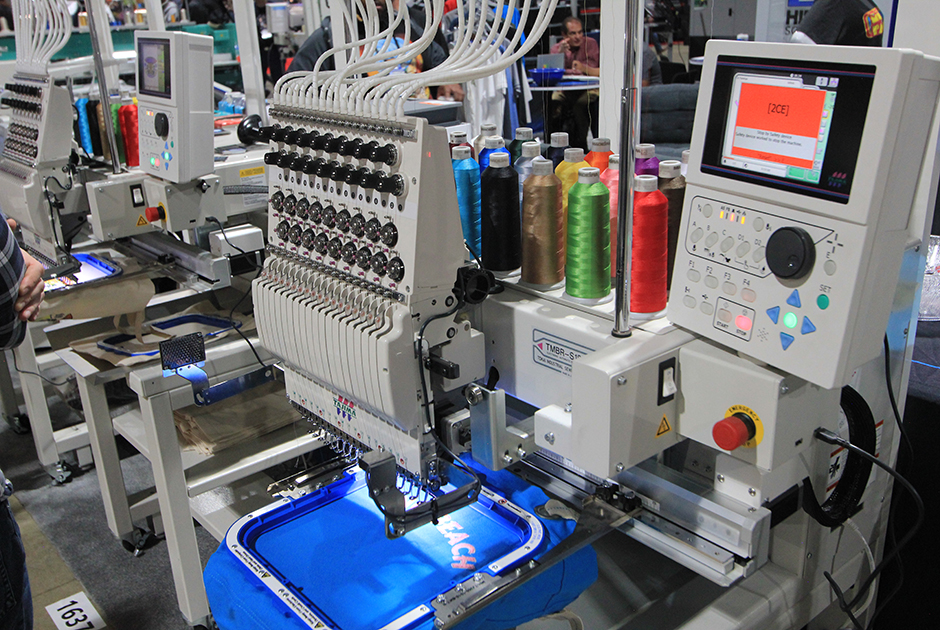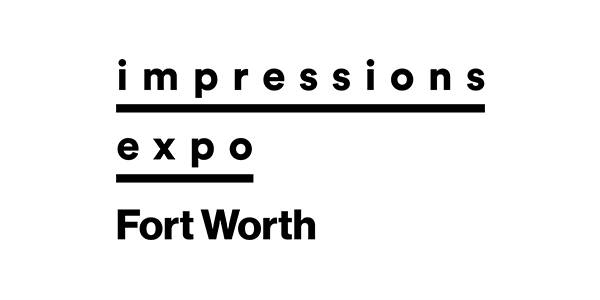When it comes to your shop, what are you most effective at doing? Here’s what I mean. Let’s say you place two social media marketing posts on Instagram to boost sales. One of them gets several hundred likes and dozens of comments. The second one translates into over $17,000 worth of new orders.
As marketing aims to generate sales, the second Instagram post is more effective at producing results. Likes and comments are vanity metrics. You can’t buy groceries with them.
Being effective means being successful at producing the desired result. Do you want to be liked, or do you want more money in the bank? More sales were the intent of the marketing. Therefore, that is how you rate the effectiveness of the effort.
The Difference Between Effectiveness and Efficiency
Being effective is all about intention. Efficiency means you are achieving results with minimal effort and energy; however, being efficient doesn’t always help achieve an intended outcome.
If you printed 2,000 shirts in three and a half hours, that could be called efficient. However, if you incorrectly printed the entire run, that same “efficiency” got you nowhere. The intended result was a quality production run, which would have been a better outcome if you took five hours to run the order instead of producing them at an ultimately worthless three and a half.
Another example can be found in the way art is sized for youth and adult shirts. Typically, these require two sets of screens. However, I’ve seen jobs come through to production with only one set of screens prepared because the art department wasn’t clued in on the different-sized shirts. When the screen-printing crew worked its way down to the youth sizes, the image was too large for the shirts, and production ceased. The miscommunication cost the company money as there was significant idle time while the art was resized and screens burned.
Time Management
The most important skill you can develop to become more effective is better time management.
Do you know how you spend your time every day? What about your team? One way to know for sure is to log each different activity for each day and see how long it takes. There are apps and tools for this, or you can use a legal pad and jot down a few notes.

Have everything together before each production run; this shop could probably be doing things a bit better.
When you track your activities, you can label which of your daily tasks are essential, which can be delegated and which can be eliminated. Unfortunately, people often get caught in a rut or start doing useless things for reasons that may have once made sense but have long since lost their value. The vital part of this exercise is to identify how you are spending your time and redirect the negative or non-productive time into something better.
For example, while many shops have a full load on their plate, you constantly see people engaging in social media posts on Facebook and Instagram. While that might be fun and even could be labeled as “marketing,” is that really the best use of your time?
I’ve also seen shops that lay out their inventory on the floor by placing the boxes with inventory for orders in areas for each day of the week. Then, when an order gets delayed, time is spent moving the boxes from one area to another. A better solution is to segregate by the last digit of the work order. Regardless of the day you run the job, anything ending with a “3” can be found in the three-area. No more moving boxes!
Another possibility is to record the work being performed in a particular department. Filming it with a simple cell phone will suffice. When you’re done, review the action and look for wasted motion or any other activities that can be better performed.
Tips for Being More Effective
Anyone can learn to be more effective. It is mostly common sense, with some practical magic thrown in for good measure.
1. Simplify: It’s tough to be effective if you are constantly multitasking. Instead of doing three or four things at once, focus on only one. Effectiveness is built by ensuring that your effort is correct, complete and well-executed. That isn’t easy to achieve when simultaneously juggling multiple ideas. Try blocking out chunks of time to work on strategic initiatives, designing or planning.
2. Less is More: Consider the work you are doing. Is it really necessary? Can the work be better achieved with improved technology, consumables, equipment or workflow? Stop doing things that don’t produce the results you want. You can always make another dollar. You can’t make another minute. This is why automation can play such a major role in effectiveness. In addition, never forget it sometimes pays to say no to orders that don’t provide the right profit level or are beyond your skill level. Focus on the profitable work that you are great at delivering.
3. Get Organized: Experts say preparation determines outcomes. Are you proactively scheduling the work and activities? Start prioritizing the work. What is the first thing to be completed? The second? The third? Keep going. Prepare by pulling anything and everything needed and staging it well before actually beginning the task. A lot of downtime is spent looking for things. Get everything settled and out of the way before the actual work starts.
4. Eliminate Bad Habits: What gets in the way of getting more accomplished? Observe your staff working. To be more effective, examine how and when your team begins and ends its day. What happens before and after breaks? Who is walking around like a zombie? How is cell phone usage affecting productivity? How many minutes a day is your press not turning because your printer is looking for the right song on a playlist?
5. Know Your Key Performance Indicators (KPIs): Everything should have a number. How long does something take to accomplish? How many can you produce in an hour or shift? Measure your team’s output. Are their averages good or bad? What do you need to do to improve it? If you measure what is important, you can comprehend whether your “improvement” efforts are actually paying off.
6. Build a Schedule and Stick to It: Do you have a work schedule? This isn’t just for production, but for sales, purchasing, receiving and any other department in your building. When should they start? What comes next? How is the work organized? In this industry, everyone has another department downstream from them. What does success or failure look like? You want clarity in all actions and activities. These should turn into habits.
7. What Is Most Important? Each staff member needs to know the most important thing about their job. Yes, I know, it sounds obvious, but just try watching your crew sometime. You’ll likely see they are often busy doing many things…except what’s most important. The rule should always be that the most important things get done first. Test your staff. Ask them, “What is the most important thing you are doing today?” and see what they say.
8. Observe: In every facet of your business, take a few moments to sit back and observe. Watch your staff working. Where are they struggling? As a leader, if you want your team to be more effective, you need to spend time observing. Ask your crew about anything you see that doesn’t make sense. They may already agree whatever it is they’re already doing could be done better. Help them resolve whatever challenges they may be facing.
9. Eliminate Downtime: You only make money if you’re decorating garments. Whenever your equipment is not decorating, it’s called downtime. Your goal is to eliminate downtime as much as possible. How can you get the last job complete and the next one up and running more quickly? Being prepared for the next order is a great place to start.
10. Active Listening: What is the communication like in your shop? Is your crew looking to understand the situations it finds itself? Your team(s) need to cooperate. They need to work as a team. Clearly defined goals and work methods will help eliminate rework and wasted time. Getting things right the first time should be the goal. If that doesn’t happen, find out what went wrong so you can prevent it from happening again.
Effectiveness On the Job
Being effective means using time to your advantage. Tasks are prioritized. Everything that is needed is organized and ready. Critical work is scheduled and completed first before moving on to the next item on your to-do list.
Be clear as to what needs to be accomplished and when. Your team should feel safe asking for help or posing questions. Great things can happen if your crew works on its own effectiveness. Does everyone understand what needs to happen? Are they armed with the essential tools, training, equipment and willingness to do their best? Great things can happen when your crew is effective.
Marshall Atkinson, owner of Atkinson Consulting LLC, is a decorated-apparel industry production and efficiency expert who focuses on operational efficiency; continuous improvement and workflow strategy; business planning; employee motivation; management; and sustainability. He also co-founded a decorated-apparel industry sales and marketing education company called Shirt Lab. For more information or to comment on this article, email Marshall at [email protected].





